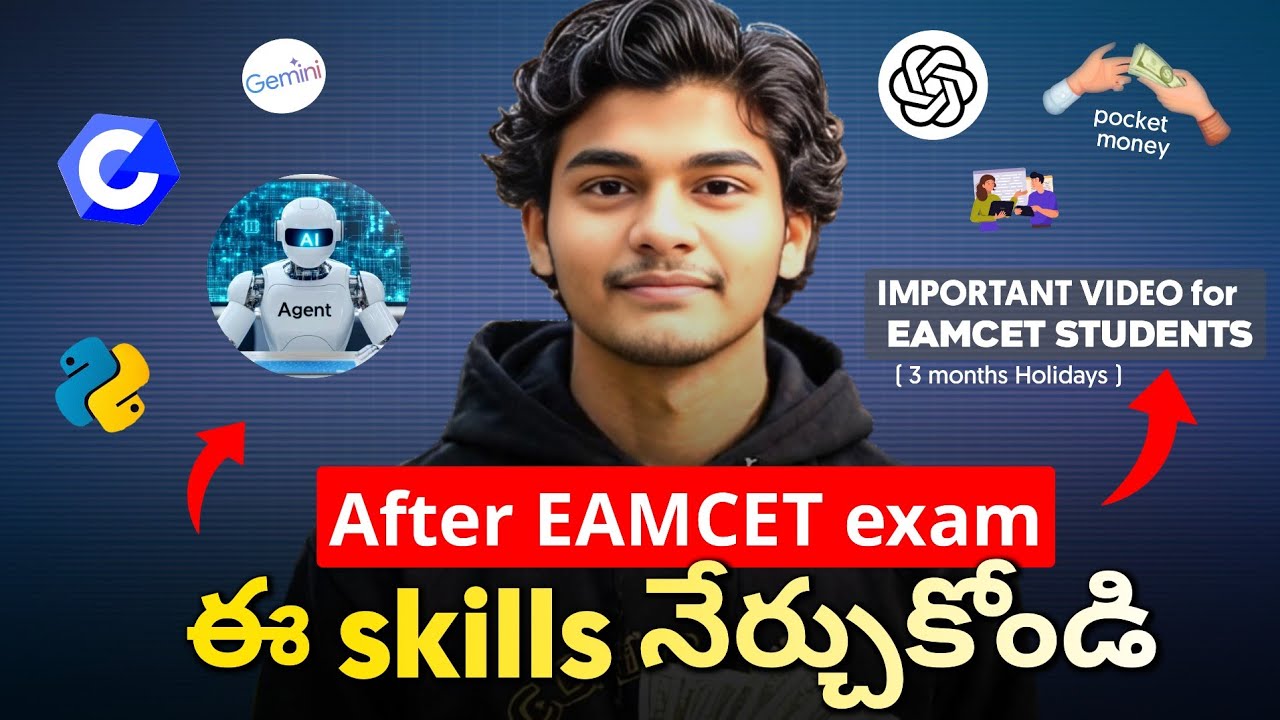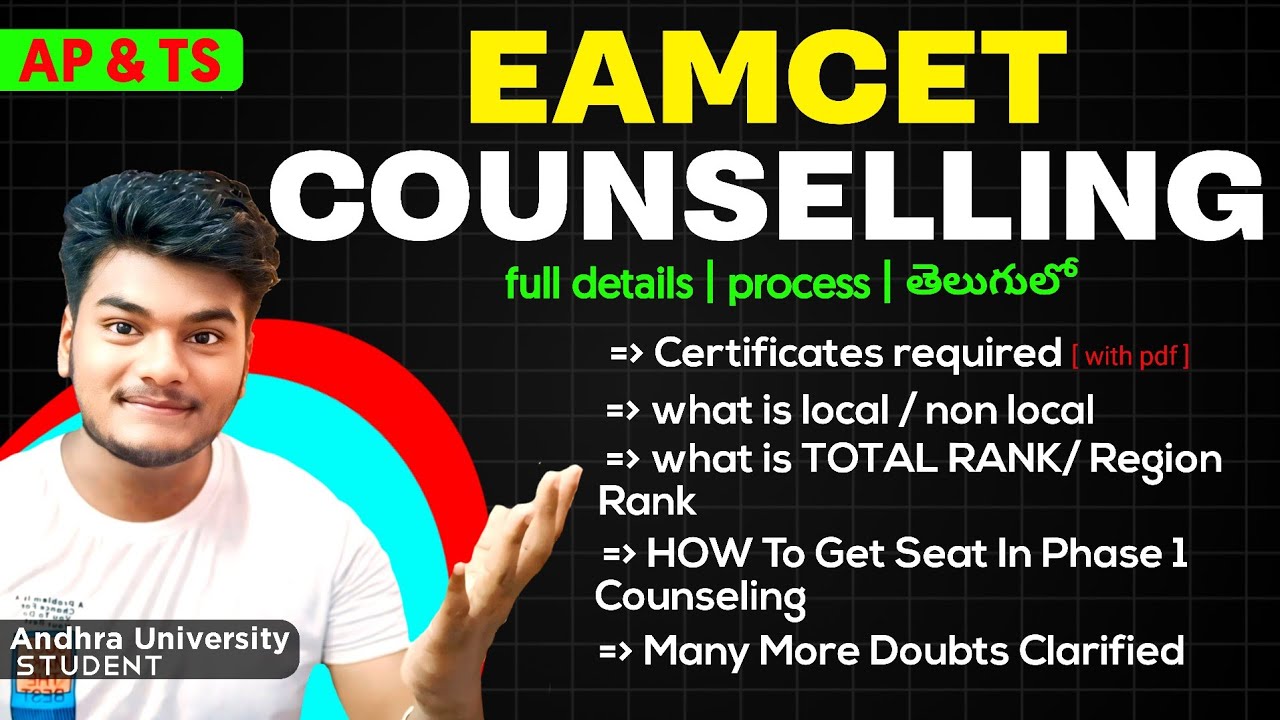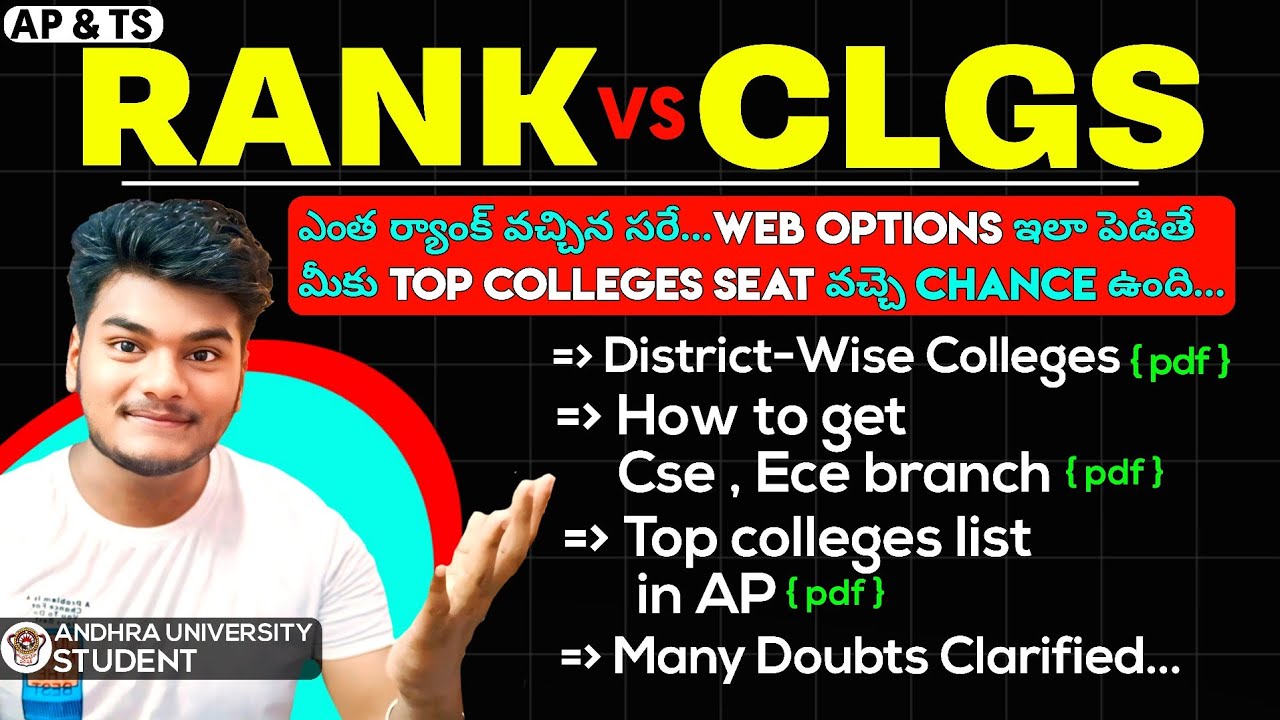Very Important Skills To Be Learn In Btech

what aspiring B.Tech students should learn before joining their engineering program.very important skills to be It’s packed with actionable advice, supporting studies, and helpful insights—perfect for prepping freshers for a smooth academic and career journey.
🎯 1. Strengthen Core Math & Physics Skills
- Math is engineering’s language. Your first-year courses will lean heavily on calculus, algebra, and trigonometry .
- Refresh calculus basics: limits, differentiation, integration—essential for physics and engineering analysis .
- Physics concepts like kinematics, dynamics, electricity, and magnetism strongly rely on these math skills .
🔧 Action Plan:
- Revisit 11th–12th syllabus with KhanAcademy or YouTube.
- Solve past JEE or EAMCET problems.
- Use GeoGebra for visualizing math models like calculus and geometry .
💻 2. Learn One Programming Language & Basic CS
- Whether you’re in CSE, ECE, or others, coding is now fundamental across engineer .
- Begin with C or C++, commonly used in foundational subjects like data structures or computer architecture .
- Understand logic-building and computational thinking—breaking problems into steps and algorithmic reasoning .
🛠 Action Plan:
- Start with C, C++, or Java tutorials.
- Write basic programs: loops, conditionals, recursion, simple data structures.
- Learn Excel, PowerPoint, and Word—for assignments and labs .
🛠 3. Get Hands-On with Electronics, Tools & CAD
- Familiarity with Arduino, Raspberry Pi, and basic circuit analysis helps ECE/ECE/CSE students .
- Learning drawing tools like AutoCAD can be a head-start in Mechanical/Civil branches .
📌 Action Plan:
- Assemble simple circuits or Arduino projects: LEDs, sensors.
- Learn CAD basics—draw simple 2D shapes or mechanical components.
🧠 4. Develop Logical & Problem-Solving Skills
- Engineers must think clearly and logically, breaking big problems into small, solvable pieces .
- Improve using puzzles, math challenges, or algorithm problems online .
✅ Action Plan:
- Try CodeChef, HackerRank, or level-1 UVA problems.
- Practice logic puzzles or Sudoku.
🔍 5. Cultivate Computational Thinking
- Computational thinking—decomposing problems, pattern recognition, abstraction—is essential across disciplines .
- It’s key for software development, data science, even physics modeling .
🛠 Action Plan:
- Learn to translate everyday problems into algorithm steps.
- Familiarize yourself with flowcharts or pseudocode representation.
🗣️ 6. Master Communication & Teamwork
- Engineers spend much time in team settings—soft skills are crucial .
- Both written and spoken communication—lab reports, presentations, peer discussions matter.
✅ Action Plan:
- Practice writing structured documentation or blogs.
- Present a topic to family/friends for clarity and confidence.
- Participate in group projects or online discussion forums early on.
📅 7. Practice Project Management & Organization
- Engineering + labs = multitasking—organizing time and tasks is essential .
- Using tools like Trello, or simple calendars helps manage assignments and deadlines.
🛠 Action Plan:
- Create a daily schedule including study, exercises, coding, and hobby.
- Use Pomodoro timers (25 min focus + 5 min rest) for concentration .
🧩 8. Build Attention to Detail & Analytical Thinking
- Precision is key—small mistakes in circuits, math, or code can have big consequences .
- Attention to detail improves debugging and troubleshooting skills.
✅ Action Plan:
- Assemble model kits (electronics, coding, mechanical) carefully.
- Debug your code line-by-line; document bugs and fixes.
📘 9. Learn Fundamental Software Tools
- Tools like MS Office, Google Suite, and beginner Linux skills help with coursework .
- Knowing shortcuts and formatting saves time during lab reports and presentations.
🛠 Action Plan:
- Practice advanced Word formatting and table functions in Excel.
- Learn basic Linux commands.
- Use Google Drive for project collaboration.
💡 10. Build a Growth Mindset & Curiosity
- Engineering evolves—embrace learning and keep exploring new ideas .
- Stay curious, try kits, robotics sets, or small research projects.
✅ Action Plan:
- Subscribe to engineering YouTube channels or blogs.
- Tackle small personal projects: IoT, data visualization, or model building.
👥 11. Network with Seniors and Mentors
- Seniors can guide you on course trends, faculty, and workloads .
- Mentors help navigate courses like circuit analysis or coding classes.
🛠 Action Plan:
- Connect with seniors on WhatsApp or Facebook groups.
- Ask about standard textbooks, professors’ tips, and potential pitfalls.
🔄 12. Revise Academic Mindset & Study Strategies
- Engineering isn’t just exam prep—it’s about deep understanding .
- Knowing the “why” behind formulas helps long-term retention and application.
✅ Action Plan:
- Read concept explanations, don’t memorize them.
- Practice questions and explain them aloud.
- Maintain summary note sheets for quick review.
🔍 13. Familiarize Yourself with College Systems
- Look into your college’s LMS (Moodle, Canvas), lab schedules, exam patterns.
- Understand attendance policies and grade weightage.
🛠 Action Plan:
- Visit websites of your college or seniors’ institutions.
- Read orientation guides in advance (departments often upload them).
🧸 14. Balance Academics with Extracurriculars
- Clubs, sports, and tech groups enrich learning and improve soft skills .
- A balanced routine helps mental health and performance.
✅ Action Plan:
- Plan leisure and study time weekly.
- Join college clubs (coding, robotics, debating) after classes begin.
📊 15. Get an Early Start on Placements & Internships
- Awareness of hiring trends helps guide projects, skills, and certifications.
- Companies look for projects, hackathon wins, or open-source contributions.
🛠 Action Plan:
- Explore coding platforms like GitHub, StackOverflow.
- Join beginner-friendly hackathons (Hacktoberfest, local events).
🎒 Pre-B Tech Preparation Roadmap
| Focus Area | What to Learn/Do |
|---|---|
| Math & Physics | Calculus, algebra, physics essentials |
| Programming | C/C++, Java basics, computational thinking projects |
| Electronics & CAD | Arduino, basic circuits, simple CAD work |
| Communication & Teams | Write reports, do presentations, collaborate projects |
| Tools & Organization | Office Suite, Linux commands, project planners |
| Logical Thinking | Solve puzzles, algorithmic problem-solving challenges |
| Mindset & Learning | Subscribe blogs, build curiosity, join communities |
| Diploma-Coverage | Discuss with seniors, explore textbooks and course planning |
🎯 Final Takeaway
By learning these disciplines before Day 1, you’ll:
- Smoothly sail through introductory courses like OOPS, Calculus, Physics Labs.
- Gain confidence in assignments, coding tests, and presentations.
- Stand out for internships, academic clubs, and hackathons.
- Build strong academic and professional foundations early.






Alright mates, just checked out bet786. Seems like a decent spot to have a punt! Good selection of games and the site’s pretty easy to navigate. Worth a look if you’re after a new bookie. Check it out here: bet786
unlocker.ai – The Ultimate AI Tool for Bypassing Restrictions and Unlocking Content Seamlessly!
nustar online https://www.etnustar-online.com
phtaya01 https://www.phtaya01.org
jljl2 Casino Philippines: Best Online Slots, Easy Login, Register & App Download Experience the best online gaming at jljl2 Casino Philippines! Enjoy fast jljl2 login, easy jljl2 register, and premium jljl2 slot games. Get the official jljl2 app download for non-stop casino action on your mobile. Join now for big wins! visit: jljl2